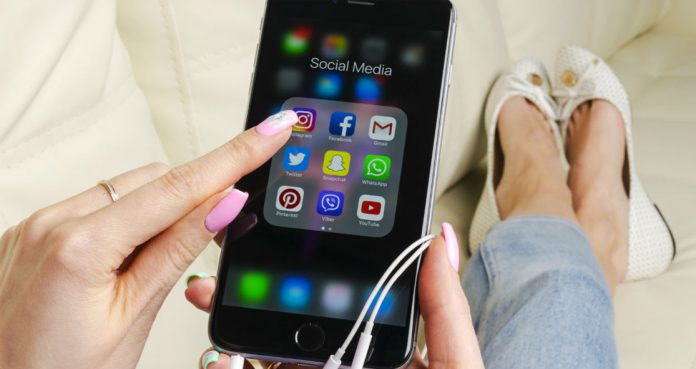Researchers of social media have largely focused on how it affects the health of teenagers. However, new research suggests that the negativity associated with the use of social media may be associated with life stages instead of technology use.
The Michigan State University study suggests that regular use of social media can improve mental health among adults. It also found that social media could help reduce the risk of psychological distress such as anxiety and depression.
Dr. Keith Hampton, professor at the Michigan State University, believes that social media platforms and communication technologies make it easier for people to maintain relationships and more importantly, access health care information.
The professor believes the negativity surrounding social media has been there for a while because adults were not included in the research of this particular subject.
Dr. Hampton said, “Taking a snapshot of the anxiety felt by young people today and concluding that a whole generation is at risk because of social media ignores more noteworthy social changes, such as the lingering effects of the Great Recession, the rise in single-child families, older and more protective parents, more kids going to college and rising student debt.”
The researchers looked at 2015 and 2016 data that included a variety of questions about using the communication technologies as well as psychological distress.
Dr. Hampton and his found that social media users were 63 percent less likely to experience severe psychological distress for at least a year to the next, including serious anxiety and major depression.
The researchers said, “Having extended family members on social media further reduced psychological distress, so long as their family member’s mental health was not in decline.”
They believe that these findings challenge the belief that social media and the internet is responsible for the mental health crisis in the United States.
The study was published in the Journal of Computer Mediated-Communication.
The researchers found that people who use a social networking site are 1.6 times more likely to stay away from serious psychological distress. Dr. Hampton said, “Today, we have these ongoing, little bits of information popping up on our cell phones and Facebook feeds, and that ongoing contact might matter for things like mental health.”























